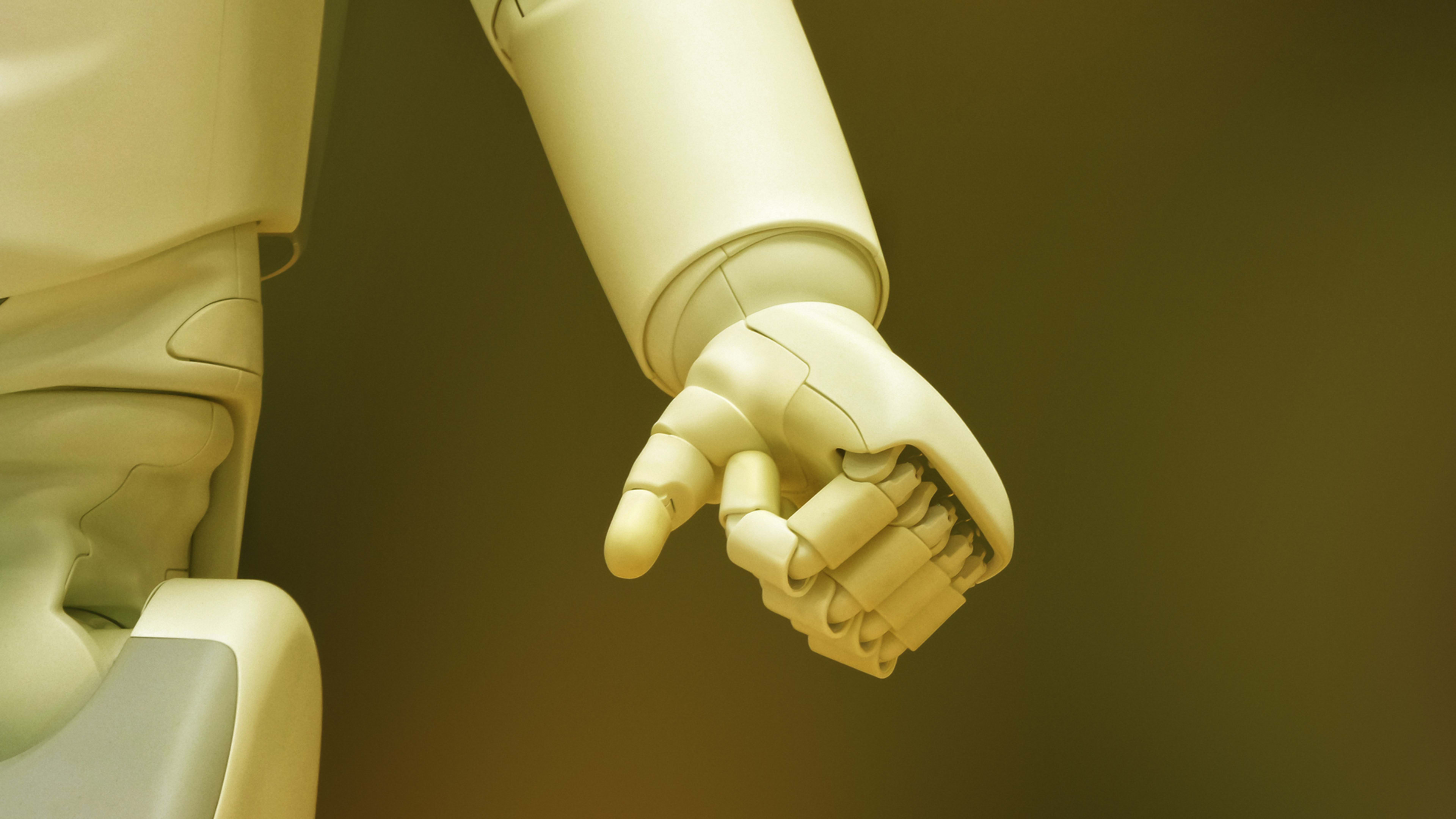Artificial intelligence and automation will create more jobs than they replace, according to a new report entitled “The Future of Jobs” from the World Economic Forum (WEF). But the transition will likely be tough for some workers, the group warns.
“Our analysis finds that increased demand for new roles will offset the decreasing demand for others,” according to the report. “However, these net gains are not a foregone conclusion. They entail difficult transitions for millions of workers and the need for proactive investment in developing a new surge of agile learners and skilled talent globally.”
Among the report’s findings:
- By 2022, automation will displace about 75 million jobs worldwide. On the other hand, they will create an estimated 133 million new jobs. The predictions come from extrapolating from surveys sent to more than 300 major employers around the world.
- As of 2018, humans account for about 71% of the total work hours done by humans and machines. But by 2022, that’s expected to decline to 58%. And by 2025, the WEF report predicts that humans will do just 48% of the hours of work done by humans or machines.
- The jobs created by automation won’t be the same as the ones destroyed. Data analysts, AI, and machine learning experts, and general and operations managers top the list of new jobs, while data entry clerks, accounting and payroll clerks, and administrative and executive secretaries will be among the roles most likely to decline, according to the report.
- There is an “urgent need” for governments to improve educational systems, stimulate job creation, create “safety nets” for affected workers, and “supporting an ecosystem of lifelong learners.” Workers should expect to need to learn new skills throughout their lives, and employers should take steps to help them do so, according to the report.
“To prevent an undesirable lose-lose scenario—technological change accompanied by talent shortages, mass unemployment and growing inequality—it is critical that businesses take an active role in supporting their existing workforces through reskilling and upskilling, that individuals take a proactive approach to their own lifelong learning, and that governments create an enabling environment, rapidly and creatively, to assist in these efforts,” according to the report.
Recognize your brand’s excellence by applying to this year’s Brands That Matter Awards before the early-rate deadline, May 3.
